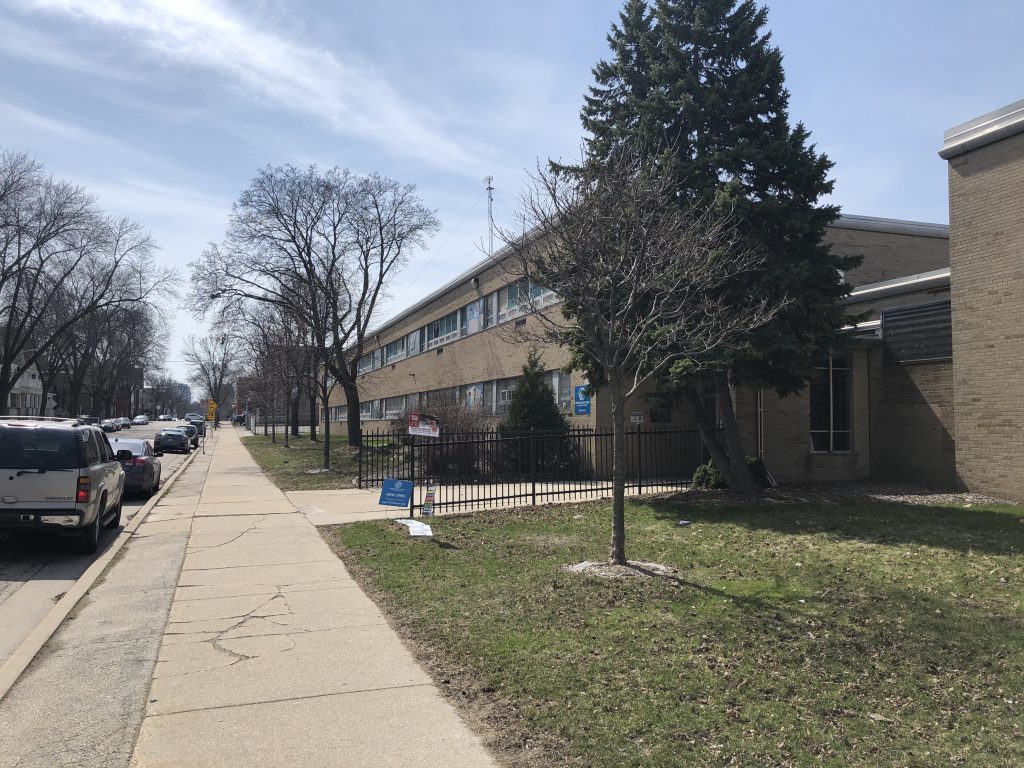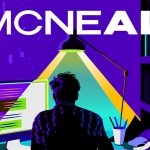Republican Bill Targets ‘Obscene’ Materials in Wisconsin Schools
A second bill would prohibit schools from using library aid money to purchase items that could be considered obscene.
Republican lawmakers are proposing a bill that would target “obscene” materials in school libraries and overturn a law that protects public and private school employees from prosecution for distributing the materials.
A companion bill would prohibit a school district from using school library aid money to purchase any item that could be considered obscene.
State Rep. Scott Allen, R-Waukesha, who co-sponsored both bills, said the state holds the “burden of responsibility” to make sure schools aren’t pushing obscenity limits.
Obscenity will be determined by state statute, Allen said. The state obscenity law describes various types of sexual conduct and says the acts depicted must be “patently offensive by contemporary community standards.” The material also must lack “serious literary, artistic, political, educational or scientific value.”
Currently, it is a crime to import, print, sell, possess for sale, publish, exhibit, play or distribute any obscene material. But librarians, elementary, secondary and private school teachers are exempt. The companion bill would change that.
“This bill tries to zero in and say it’s hard to argue there is a literary value to something sexual in nature to something delivered to elementary or middle schoolers,” Allen said.
Kyle Davis has a son going into sixth grade at Golda Meir School and a son going into first grade at Clement Avenue School, both part of Milwaukee Public Schools.
Davis said he has never been worried and does not believe anything at a school library would qualify as obscene. He said he believes lawmakers are trying to oppress free speech, and should let teachers decide what materials are best for students.
“They are highly trained individuals who are doing their job,” Davis said. “They are getting material for whatever age group they are working with and they should not be prosecuted for doing their job.”
The country started to see a surge in effort to ban books in schools and public libraries in 2021, particularly with restrictions to books containing LGBTQ+ and racial content.
That effort has continued. There were 1,477 instances of books banned across the country in the first half of the 2022-23 school year, according to the nonprofit PEN America. Of those, 30 percent were about race, racism or featured a person of color. Twenty-five percent had LGBTQ+ characters or themes.
Allen said these bills are not about banning books, LGBTQ+ or racial issues, but rather having school boards and districts more closely monitor materials to determine if it meets the community standard of obscenity.
“That’s a misplaced fear, and unfortunately where we are in politics these days,” Allen said. “I think there is a strong case to be made that there has to be a strong educational value. In the event that there isn’t, I think we should take a step back and say, ‘Is this really of educational value or do I want to risk it?'”
Allen said teachers should be held to the same standards as everyone else. If a school employee is determined to be distributing obscene materials, the school board will review the complaint.
From there, it would go to the county district attorney’s office and then the state attorney general, per state statute.
The proposed bills have been referred to the state Senate Committee on Education.
Davis, the Milwaukee father, said he hopes lawmakers remember school libraries are sometimes the only place children can access books and other materials.
“Sometimes they might be embarrassed if a parental unit or guardian is there, so the school library is there for kids who have nothing else,” Davis said. “Nothing should be banned at all. It is there for kids that need that material for whatever reason.”
Listen to the WPR report here.
Republican bill targets ‘obscene’ materials in Wisconsin school libraries was originally published by Wisconsin Public Radio.























Once the books are banned using state defined obscenity definitions, when can we expect them to be burned? And how long before these same definitions get applied to local libraries?
Due to the probable vagueness of any law and free speech rights protected under the First Amendment, successful prosecution will be almost nonexistent. Though the threat of legal action with lawyers like the ones from the rogue law firm the Wisconsin Institute for Law and Liberty will intimidate school boards to remove books that students have been reading for years. This will happen when someone who often does not have a child enrolled in a school will claim that a book is obscene often without even reading it.
And just who vets a challenge to a book? The school board? All boards are composed primarily of parents not education professionals – and yes, there may be some exceptions. Or perhaps, there is no investigation at all. If a book is objected too, off it goes to the ‘burn’ pile.
What I find the most ridiculous about all of this is that any mildly curious student, possibly bored with the required reading, will almost certainly begin to build a reading list of books that are possibly interesting.
I am so sick of people who are AOK with children being murdered in classrooms but begin clutching their pearls and heading for the smelling salts at the thought of actual ‘ideas’ being taught to the kids.
Let us not forget that To Kill a Mockingbird, Catch 22, Slaughterhouse Five among thousands of others all have been objected to and in one or two cases actually pulled from shelves.
I now have The 1619 Project on my list of books to read, if only to demonstrate the book has interest to readers.